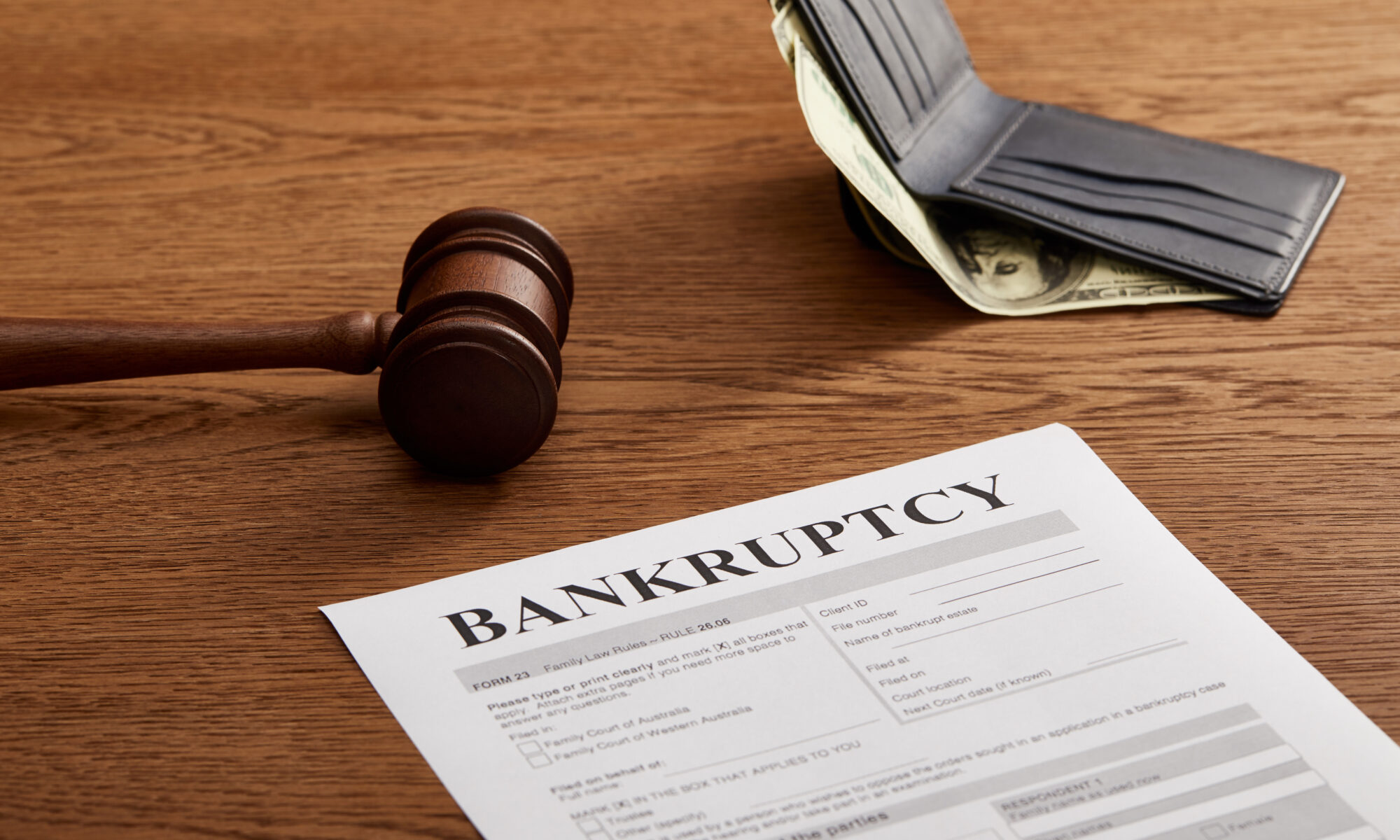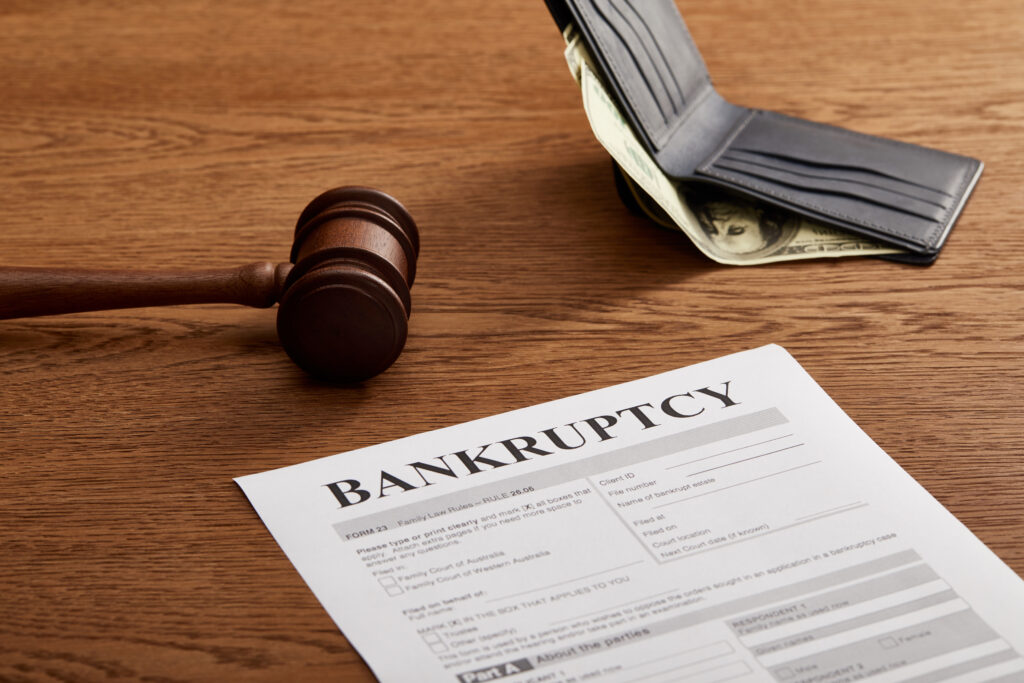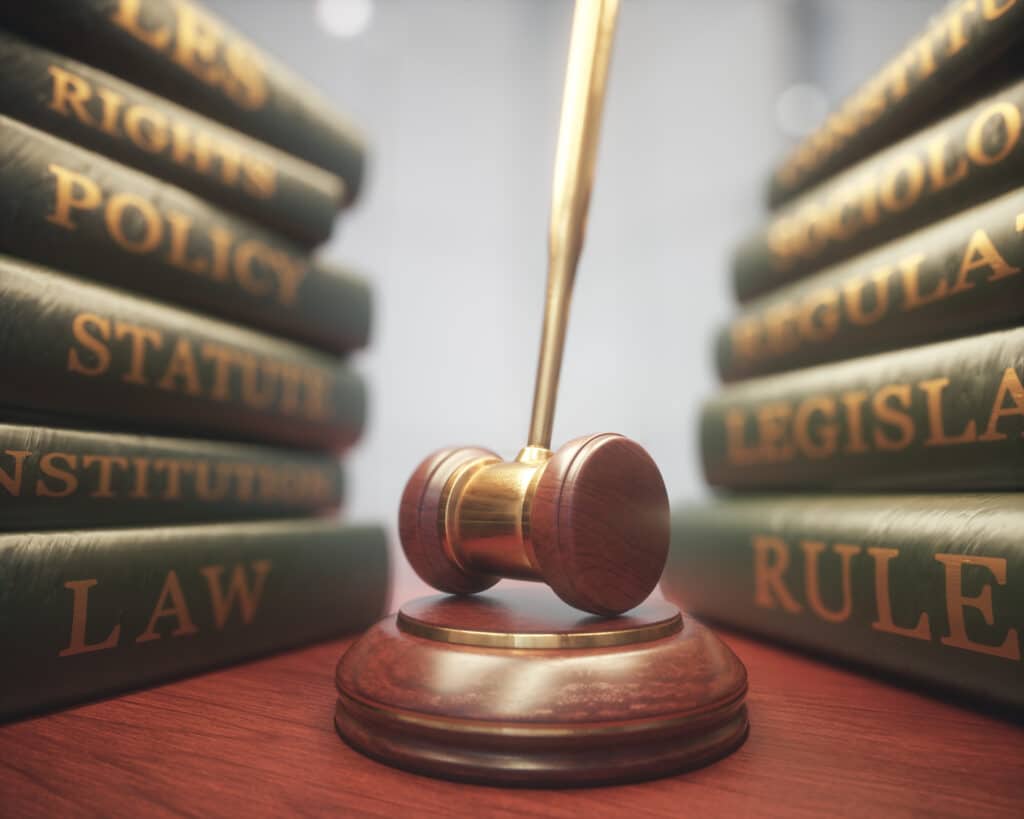
Wage garnishment is a legal process that allows a creditor to collect a debt owed by an individual by taking a portion of their wages directly from their employer. The process can be stressful and financially damaging for the debtor, as it can result in a significant reduction in their take-home pay. Here’s what you should do if you receive a garnishment summons in Virginia.
Wage Garnishment Explained
Wage garnishment is a court-ordered process that allows a creditor to collect a portion of the debtor’s wages directly from their employer. The creditor must first obtain a court order, which specifies the amount of the debt owed and the percentage of the debtor’s wages that can be garnished.
The Different Types of Wage Garnishments
There are several types of wage garnishments, including:
● Child support and alimony payments
● Tax debt
● Student loan debt
● Unpaid court judgments
● Unpaid credit card debt
● Unpaid medical bills
Each type of wage garnishment has its own specific rules and regulations.
Amounts That Can be Withheld
The amount that can be withheld from the debtor’s wages varies depending on the type of debt and the state in which they live. Generally, the maximum amount that can be garnished is 25% of the debtor’s disposable income.
How the Wage Garnishment Process Works
Once a creditor obtains a court order for wage garnishment, they will serve the debtor’s employer with the order. The employer is then required by law to withhold the specified amount from the debtor’s paycheck and send it directly to the creditor.
The debtor will receive a notice of the wage garnishment, which will include information about the amount being withheld, the reason for the garnishment, and how to contest the order.
How an Attorney Can Help You With Wage Garnishment
If you are facing wage garnishment, an attorney can help you understand your rights and options. They can advise you on how to contest the garnishment order, negotiate a settlement with the creditor, or file for bankruptcy if necessary.
An attorney can also help you understand the specific laws and regulations in your state regarding wage garnishment and ensure that your rights are protected throughout the process.
If You’ve Received a Garnishment Summons in Virginia Contact The Law Offices of Robert S. Brandt
If you have received a wage garnishment summons in Virginia, it is important to seek legal advice immediately. The Law Offices of Robert S. Brandt specializes in consumer bankruptcy and debt relief, and I can help you navigate the wage garnishment process.
I can advise you on your legal rights and options, give you information about garnishment and bank foreclosures in Virginia, and help you develop a plan to address your debt and protect your financial future.
Contact me to request a consultation today.




